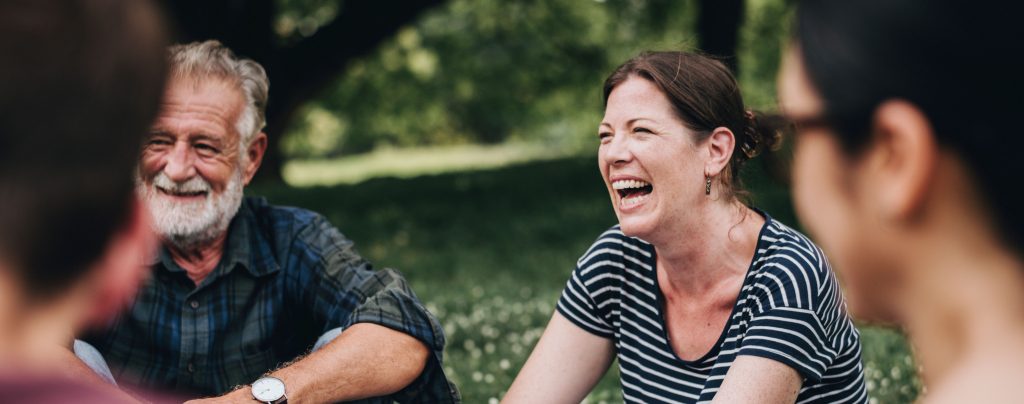“Recovery is a lifelong process. It’s about becoming a thriving citizen – having purpose and meaning in your life and the recovery capital that will help you succeed. It’s about living a life free from the challenges of addictions with improved physical and mental health, healthy relationships and a safe place to call home,” explains Brenda Plant, Executive Director, Turning Point Recovery Society and Chair of BC Addiction Recovery Association (BCARA).
Brenda has been a long-time volunteer with Streetohome, participating in multiple Streetohome book clubs, working groups and advisory committees informing seminal work such as the Publicly-Funded Live-in Addiction Recovery Services in BC – A Snapshot of the Sector report and the Addiction Recovery Community Housing Business Case. Currently, Brenda is co-leading a Streetohome-sponsored Recovery Community Centre Collaborative.

Streetohome’s latest book club focused on therapeutic communities (TCs), their core principles and evidence-based practices. One of the critical components of a TC model is that members gain a combined sense of belonging and personal agency, coupled with the development of mutual concern and accountability.
“You see this incredible group process happen where people are supporting people and they become more hopeful and see possibilities for themselves,” says Brenda.
As the discussion turned to exploring an evidence-based, less intensive, shortened day program in the UK (i.e., an Adapted-TC Model), book club members came away thinking about how they could incorporate the popular Adapted-TC Model into a variety of group settings in their daily practice.
“People can benefit from every group that reinforces their recovery identity. The key is to have multiple group activities available and provide an opportunity for each individual to design a recovery journey that is going to work for them,” she explains.
“If a client finds one thing that becomes of interest to them or they become passionate about, their life opens up exponentially. And so, it’s critically important that we have a multitude of activities available. The Adapted-TC Model has a solid track record and will add another tool to the toolbox.”
“Success is not necessarily about the number of days you’ve been off drugs or alcohol, it’s about finding a recovery journey that works for you. It’s about creating new opportunities and building a life that is meaningful and filled with joy. It’s about following your bliss.”
The Adapted-TC Model provides an impactful small group experience to augment existing recovery-oriented support services. There’s an opportunity to start using these Adapted-TC principles and practices in a number of settings. Brenda is consulting with BCARA leadership to determine how best the organization could promote and support the introduction and enhancement of Adapted-TC models across B.C.
“We need an inclusive continuum of care where everyone has options for finding the recovery path that is going to work for them,” Brenda explains. A truly client-centred approach will expose people to as many options as possible and let them choose those they feel will best help them. Ensuring that we include finding purpose and meaning in life as part of the recovery journey assures continued engagement, and longer engagement in recovery-oriented initiatives leads to better outcomes, she says.
“There is no one answer, rather, there are multiple right answers – whether that’s Delancey Street, the Recovery Café, or the Adapted-TC model. We must stop working in siloes and embrace every treatment option as viable. In working collaboratively, we can reverse the stigma that clings to both addiction and recovery.”

